With winter approaching, many people anticipate celebrating winter holidays like Christmas, Hanukkah and Kwanzaa this December.
Some individuals who celebrate those holidays expressed the importance of understanding them ahead of celebrations.
Hanukkah: Being true to oneself
Hanukkah marks the first holiday this month. The eight-day-long celebration begins Dec. 8, said Chaya Kessler, the director of the university’s Jewish studies program.
Kessler said many people, even a few of her students, mistake the Jewish holiday for being the equivalent to a “Jewish Christmas.”
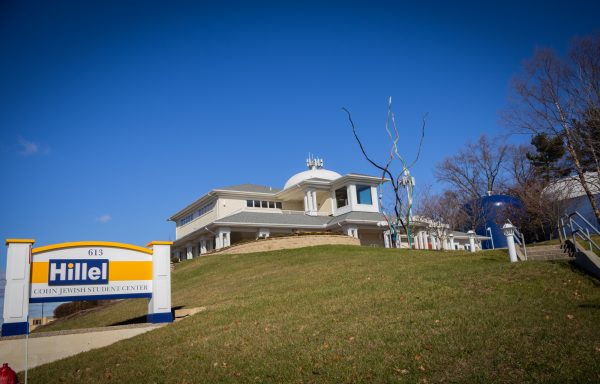
“One of my questions for my students always at the end of the semester when we’re studying about Hanukkah is a true or false, ‘Is Hanukkah a Jewish Christmas?’ and the answer is, ‘No,’” Kessler said. “There’s always one student who says true.”
Hanukkah celebrates the Israelites being able to reclaim a temple captured by the Greeks. After the temple was cleansed, a celebration occurred to redictate it, and this celebration later became the holiday, Kessler said.
“In the scheme of things, it wasn’t as big of a deal, as far as Jewish holidays are concerned, because it is not in the Hebrew Bible,” Kessler. “The memory of that was transmitted through a Greek source so it wasn’t written in Hebrew.”
Since it was not originally written in Hebrew, the story of Hanukkah was not put in the Hebrew Bible, though Kessler said it is included in the Catholic Bible.
Since it occurs near Christmas, people are more eager to buy presents, which has caused it to become a bigger deal, Kessler said.
“For example, you can go to Target or to any kind of store and you can buy Hanukkah merch,” Kessler said. “You buy towels, napkins and plates, like who would even do that? Because there’s a Christmas buying frenzy it became also part of Hanukkah.”
The meaning of Hanukkah is to be true to oneself, Kessler said. During the time of the Greeks capturing the Jewish temple, Hellenism caused some to accept the Greek ways of life and to assimilate while others did not.
“We’re teaching not to be [like others], not to assimilate – to be what you are, not like everybody else,” she said.
Christmas: Celebrating hope
Eric Asp, pastor and advisor of the on-campus Christian organization H2O Church, said the Dec. 25 holiday of Christmas commemorates the birth of Jesus.
“[Christmas] is usually an opportunity for reflection, a chance to remember that Jesus came and to prepare ourselves for the idea that Jesus is coming again,” Asp said.
He said he thinks the meaning of Christmas is to celebrate hope and the importance of Jesus.
“I think the most important thing about Christmas to me is that reminder Jesus came for me,” Asp said. “He didn’t leave me in my struggle, he didn’t leave me in my sin – in my self-centered way of thinking about the world.”
Both Christmas and Kwanzaa focus on principles of community, which Asp said makes the two holidays similar.
Kwanzaa: Focusing on values
Asantewa Sunni-Ali, an assistant professor of Pan-African studies, said Kwanzaa is a Pan-African holiday celebrated from Dec. 26 to Jan. 1. It can be celebrated by others outside of the Pan-African community, focusing on an assortment of principles.
“The purpose of Kwanzaa is really around lifting up principles and values that are associated with community, family,” she said. “Bringing about awareness of one’s own identity and heritage.”
Since Kwanzaa spans seven days, each day represents a new principle, and the goal for individuals is to apply those principles to their lives. Some principles include umoja, which means community, and ujamaa, which means cooperative economics, Sunni-Ali said.
“It’s a time for people to dialogue around the principles and what they mean to them,” Sunni-Ali said. “It’s a time to teach children. Kwanzaa is very much children-centered.”
Kwanzaa places a large emphasis on knowledge and focuses less on gifts, except for handmade items or materials that will expand one’s knowledge, such as books, Sunni-Ali said.
“The gifts are referred to as Zawadi,” she said. “Some children may receive one gift each night of Kwanzaa, or some children may receive their gifts, as I did when I was a child, on the last day of Kwanzaa.”
Although the idea of gift giving may appear in all three of these winter holidays, Kessler said a focus on light and family is a similarity among the winter holidays.
“The days get shorter, it’s dark, and it’s cold, and it’s this idea that you bring the family together,” Kessler said. “Light was always the center. It was always around light.”
Adriana Gasiewski is a staff reporter. Contact her at [email protected].













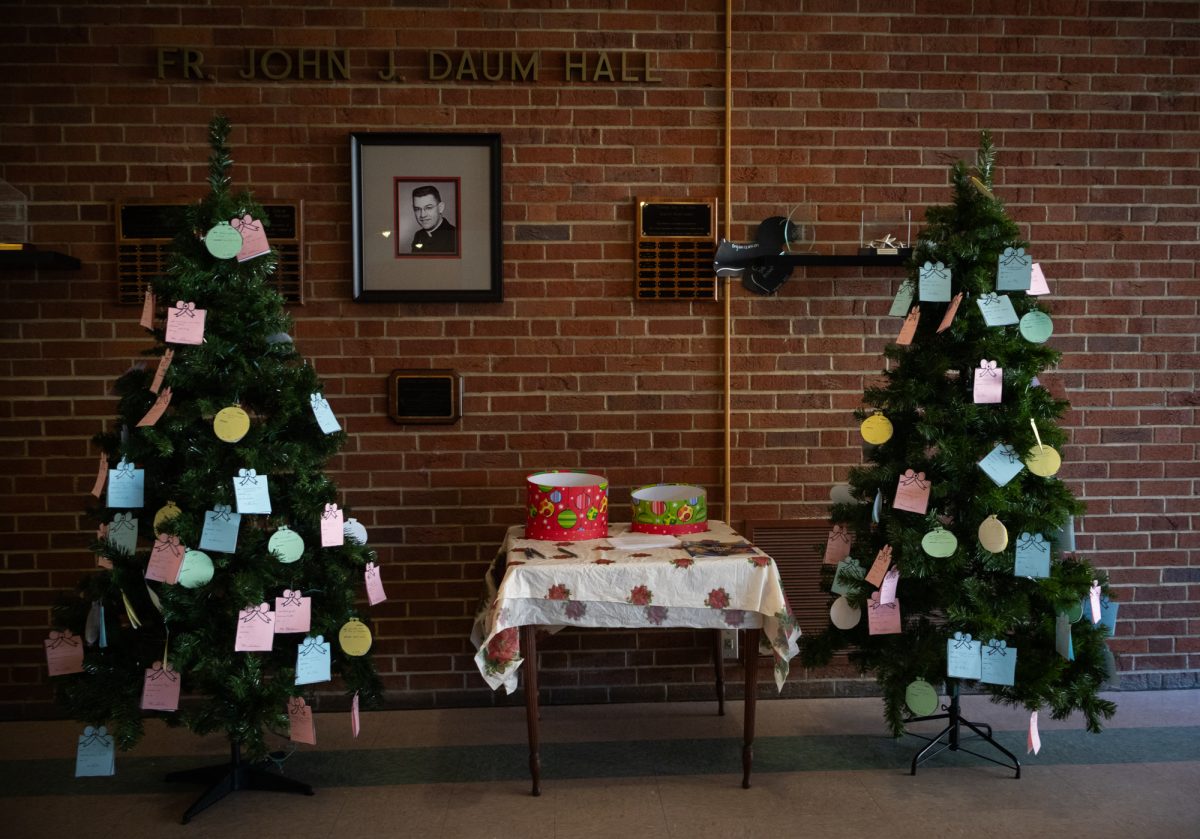
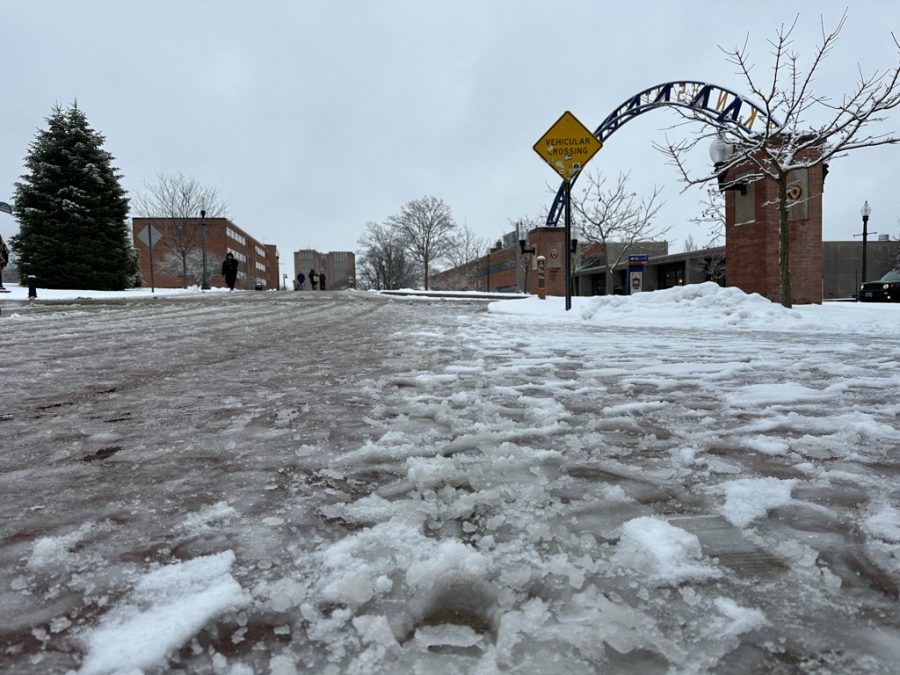



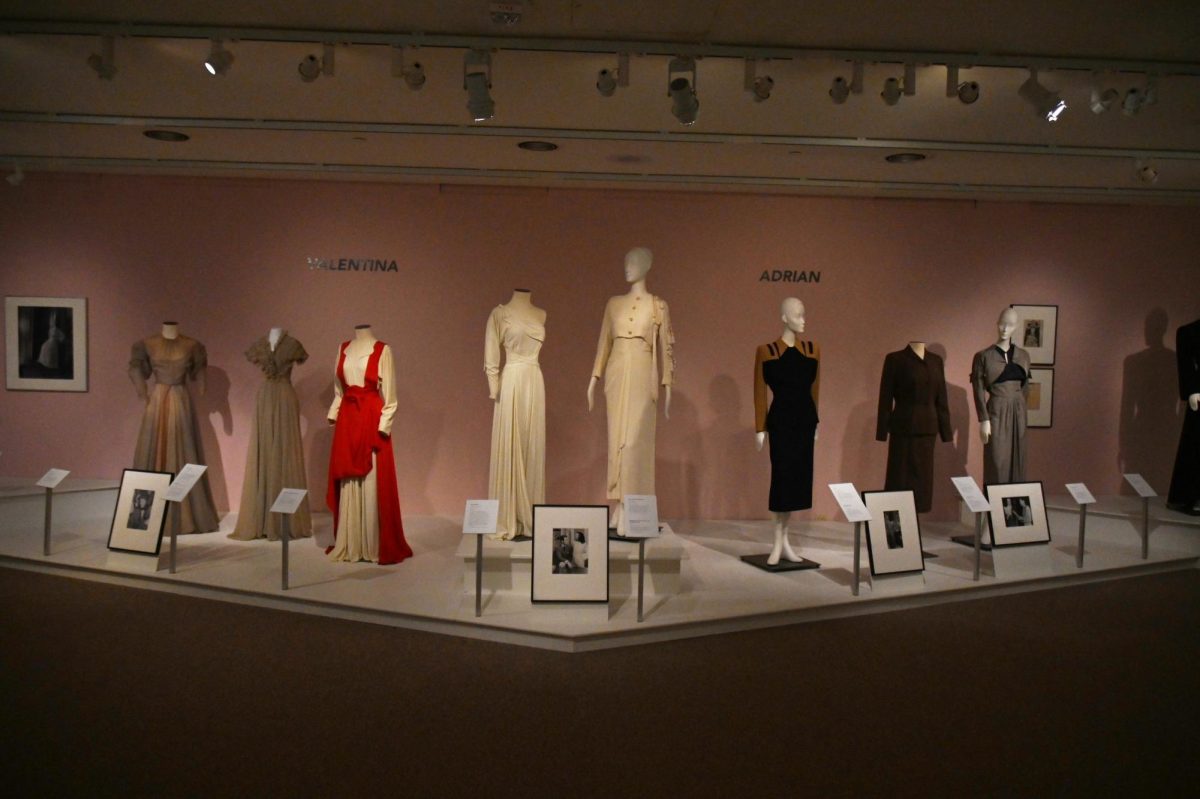
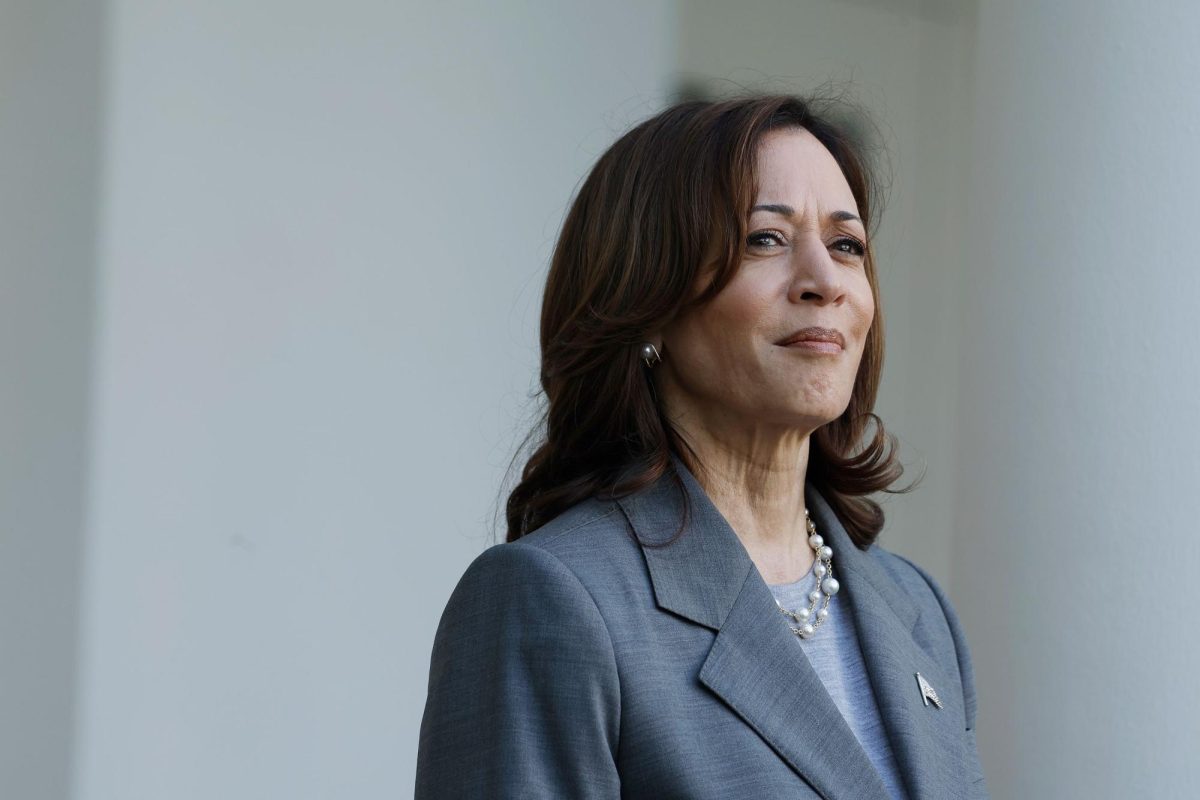
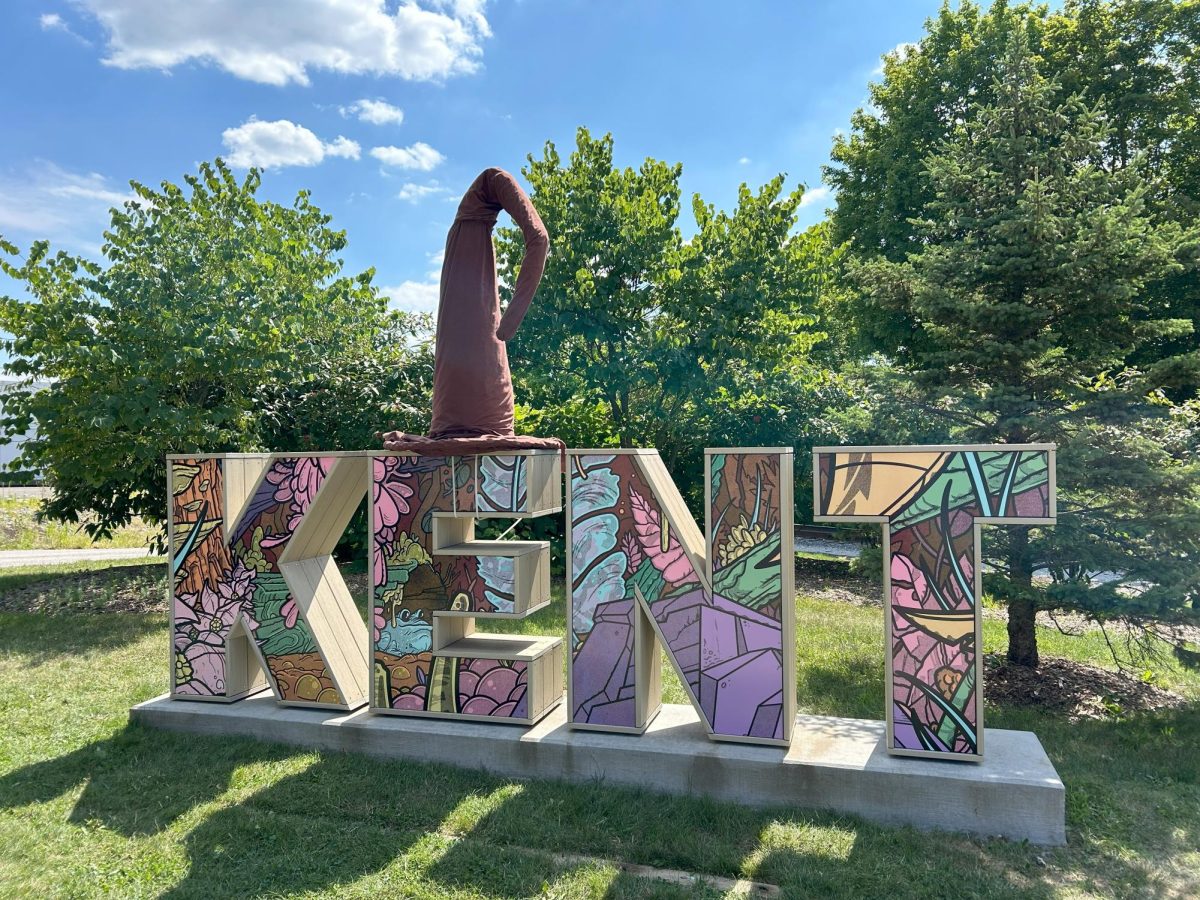
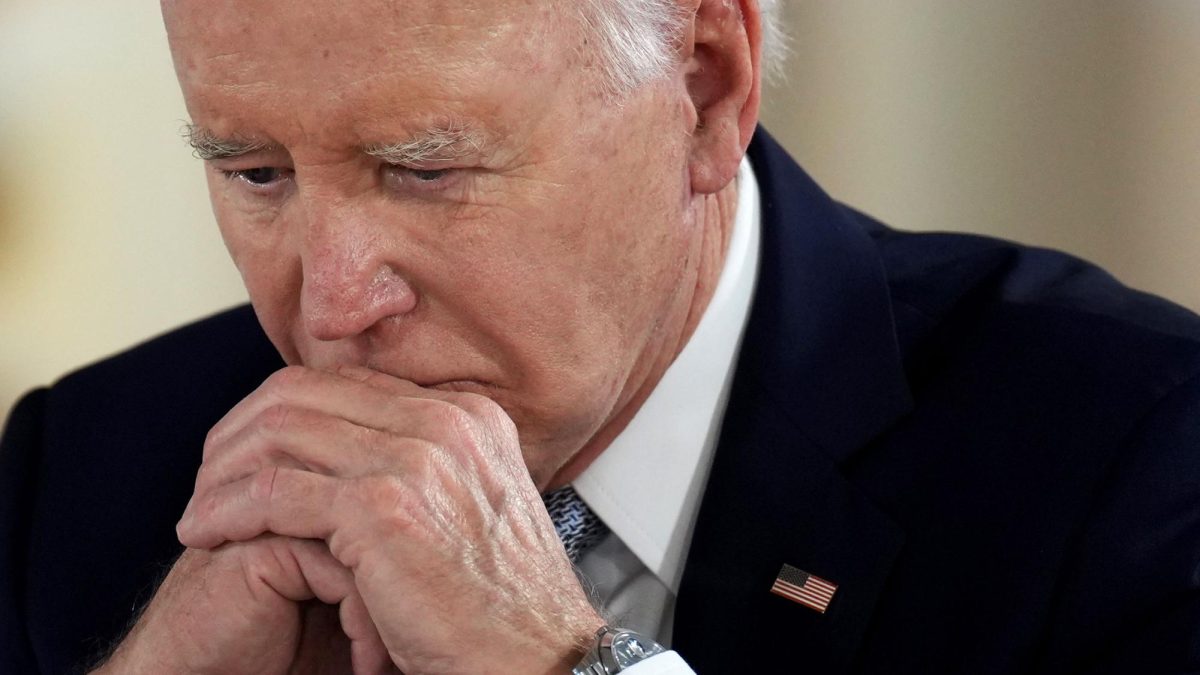


Lorna Fleming • Dec 13, 2023 at 7:57 am
Why not also feature information about Winter Solstice and Yule? Thank you.